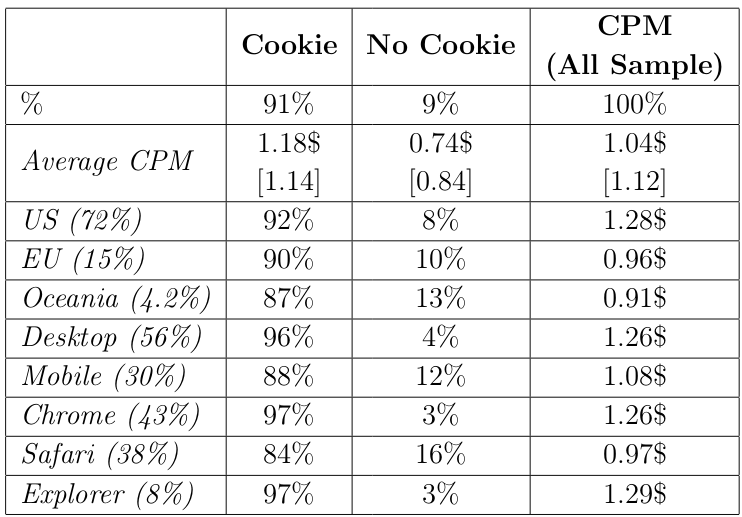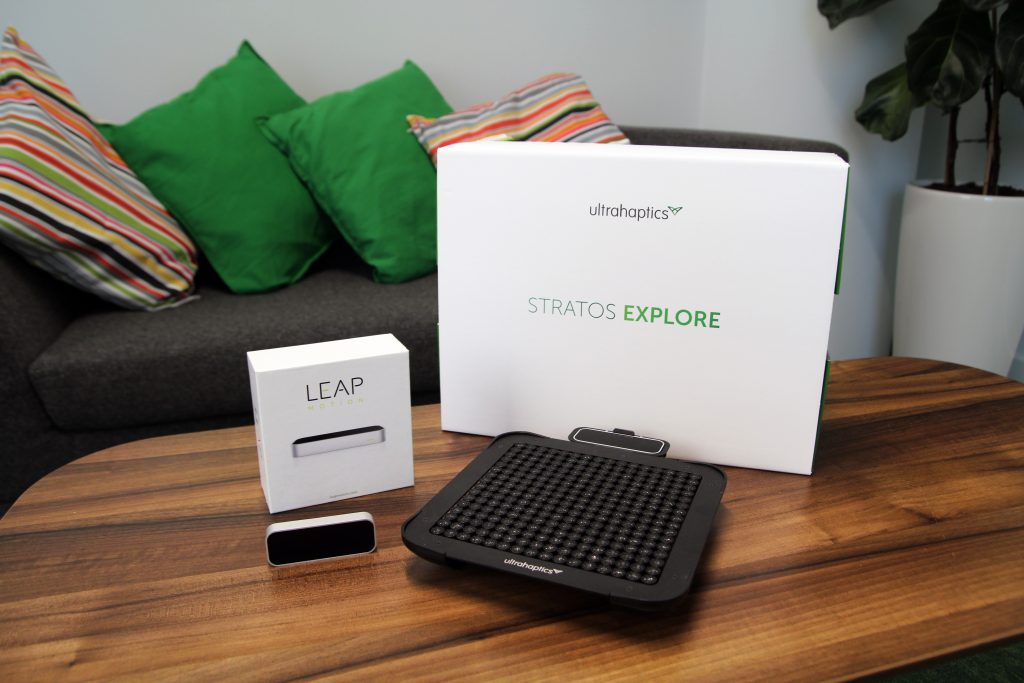“We are not working in this a ‘Agile‘-mode that you’re working in.” she said. She actually tried to disparage the lack of structure in the other team she has been assigned to work with. The team this lady belongs to consider themselves a marketing team. In a high-tech company. Marketing, but still: for technology.
After the assignment to the new team, this lady actually tried to mock the lack or absence of procedures in the new team. Her comment meant to refer to any processes but literally trying to differentiate herself.
The team she is working with initially tracks their tasks of deliverables in a so-called Kanban board. The same team conducts daily standup meetings, that are facilitated by a process owner. About once every other week there are so-called review meetings with the team manager and external stakeholders.

All of these are fragments from agile methods.
Of course, it is conjecture. At the same time, this pattern that can be observed in many places. People try to differentiate themselves from the working class, the programmers, the technical guys. While in reality, all colleagues contribute to the same product.
So ultimately, the differentiation between being technical and the business ends up being more hurtful to the companies culture. Not to mention the effects of digitalization, that is based on the assumption that technology will improve everybody’s life. Assuming more technical acumen, even as a business person, will make you a better, more efficient person. Being technical is independent of working in agile mode.



